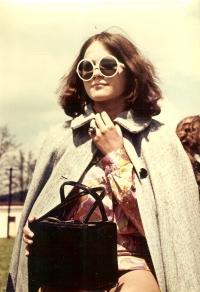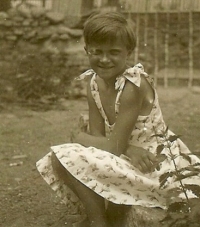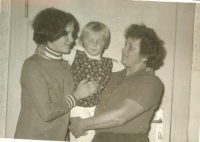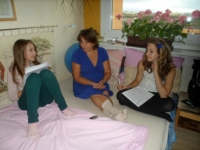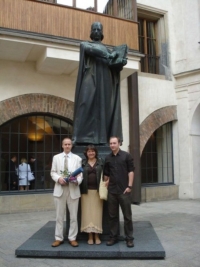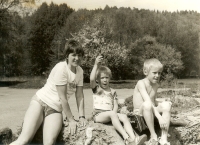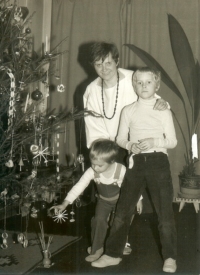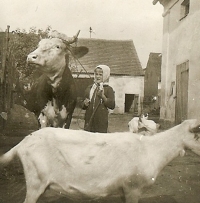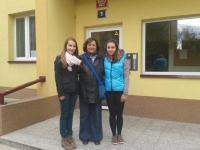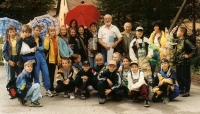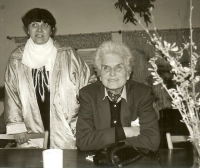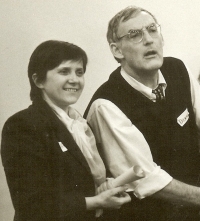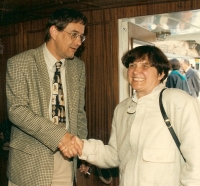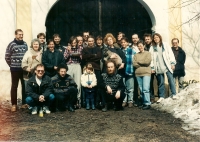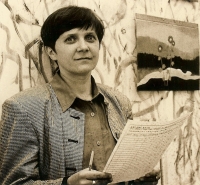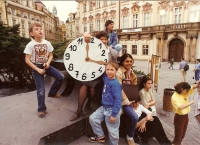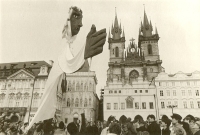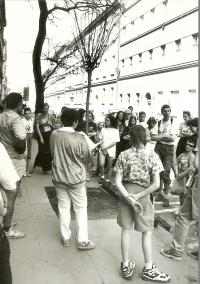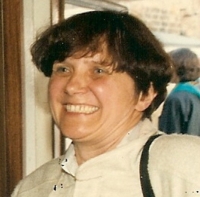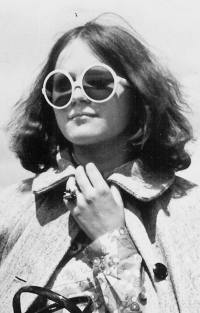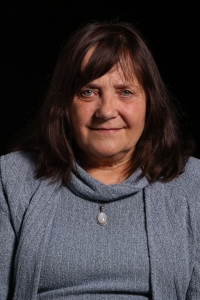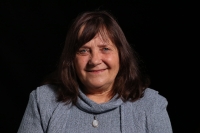My boss bribed State Security so they wouldn’t ruin my life
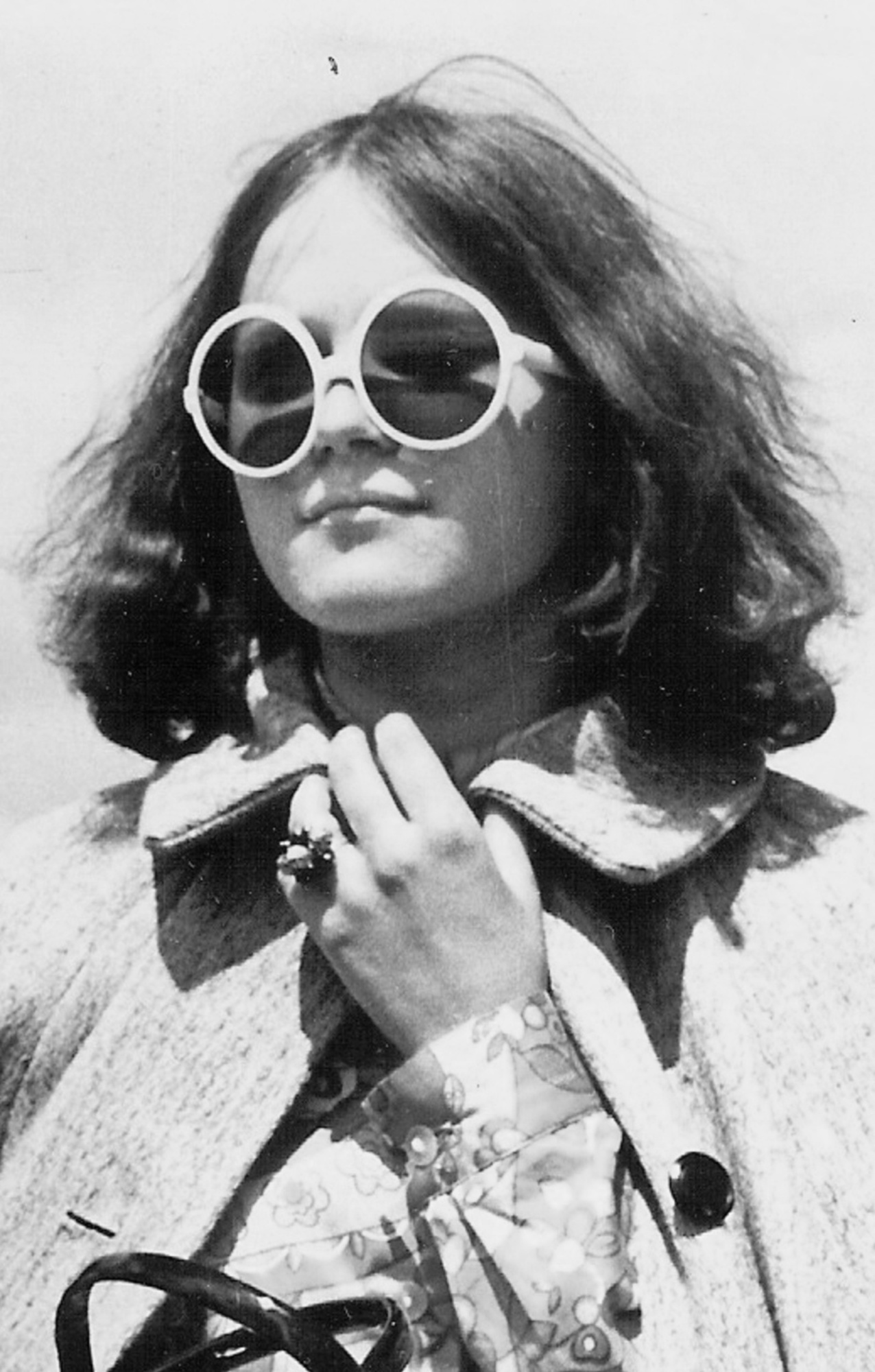
Download image
Marie Haisová, née Voráčková, was born on April 12, 1951 in Klatovy. She lived with her parents in Vacovy, near Klatovy. After her parents’ divorce in 1955, she lived with her mother in Pilsen and from 1957 with her mother and her stepfather in Heřmanová Huť, which she fondly remembers. In 1965, she started studying at the secondary grammar school in Stříbro, but in the same year, after the tragic death of her stepfather, she had to move again with her mother and a newborn sister, this time to Klatovy. There she graduated from a two-year school for work in administration and in 1968. She found her first job at ČSAD, not long after that she succeeded in an open competition for the job position of secretary of the commercial deputy in Kozak company in Klatovy region. In 1969, during the annual demonstrations, she used a work photocopier to produce leaflets supporting resistance to the Soviet occupiers, which she and her friends distributed through mailboxes. They all ended up being questioned by State Security and left with a record, which caused them big problems in their later lives. The acting director of the company where Marie worked allegedly bribed the members of State Security with gifts so that they would leave Maria alone and not destroy her life. Maria was “just” removed from the job position of secretary as a punishment. Not long after that, she went to Prague, where she worked in civil engineering as a secretary and then as a clerk. At the same time, she studied folk music conservatory. She got married and started a family. In the eighties, she got into the circle of people around Charter 77 and became a reliable collaborator. In the evenings she rewrote texts and books. In November 1989, she was active in the Civic Forum in Zahradní Město in Prague and accepted an offer to work in Václav Havel’s personal secretariat. She worked as a secretary at Prague Castle for two years. In the years 1993–1996, she was the director of the association of environmental organizations Zelený kruh (Green Circle), in 1997 she founded the civil association Agentura GAIA, whose mission is to improve interpersonal communication through the programs Zeleň je život (Green is Life), Ženy a životní prostředí (Women and the Environment), Alternativy ke konzumnímu způsobu života (Alternatives to a Consumer Lifestyle).
